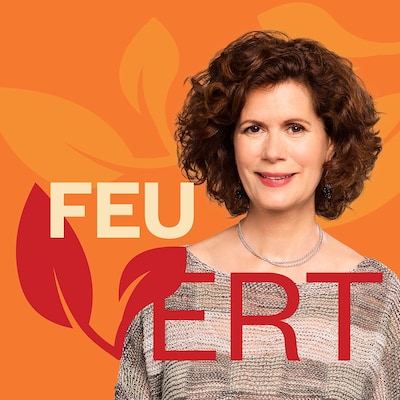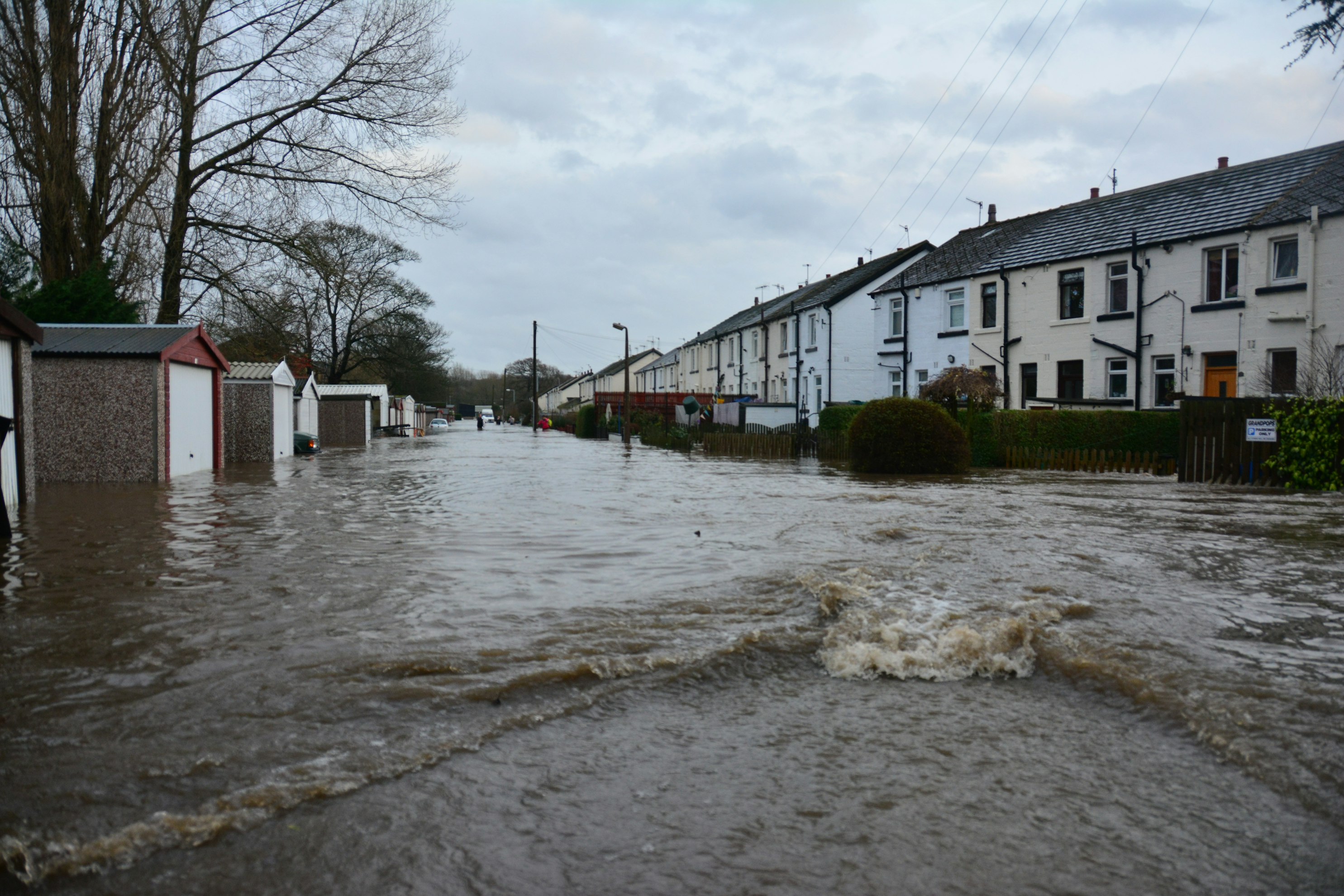**This article has been translated automatically and contains French/Quebec references.**
I really recommend this new show on the environment, hosted by Catherine Perrin and broadcast on Sundays from 3 p.m. to 4 p.m. (rebroadcast on Mondays at 9 p.m.).

If you prefer to listen to it whenever you want, it's available on Ohdio !
I could write a blog article for each show because the topics are so interesting! We want to go even deeper into each of them and talk about them. Maybe I'll do that...!
The very first show started with a big question:
HOW DO WE TALK ABOUT THE ENVIRONMENT IN 2022?
Followed by another question: “Are we talking about it enough? »
In fact, the real question is perhaps: “Are we talking about it the right way?” »
How can we make people understand that there is a real climate emergency, without discouraging them?
The vision of Philippe Poitras of Unpoint cinq is interesting:
“Let's bring climate into people's daily interests so that the information is attractive and let's talk to them about solutions! »
AN ENVIRONMENTAL CRISIS STILL A LITTLE ABSTRACT
We are talking more and more about the environment in the newspapers, the fact that the show Feu vert exists is a good start, but do people really understand the major issues that threaten humanity?
When we don't see the difference in our daily lives, what can it matter to us?
To understand the climate crisis, we need testimonies, real-life situations, disasters and images of what people experience elsewhere. It takes concreteness.
It comes back to what Philippe said: by starting from people's daily lives, by talking about the climate in their lives, we can make them aware of the bigger issues.
WE’RE LUCKY IN QUEBEC!
I learn a lot about the environmental crisis. I read what is happening in other countries and really, we are lucky to be in Quebec! Our energy is good, we still have water, our temperatures are mild (for the moment).
Which makes it difficult for many people to feel concerned by what scientists tell us.
In many other countries (and even in Western Canada), climate change is becoming increasingly felt. Droughts on one side, floods on the other, extreme heatwaves, electricity/energy problems.
Governments or municipalities must impose restrictions and limits. No choice! We have to ration.
Restrictions bring their share of conflicts and divisions on the other hand; we saw it with the pandemic. In addition, the restrictions of the pandemic were probably small constraints on what awaits us.
In short, Quebec has not yet experienced any major disasters (although we are not far from melting glaciers, for example).
Does that mean we need to make less effort? No!
THE SOLUTIONS
Efforts are necessary to avoid falling into the red. Especially since we are in dark orange.
But there... Personal initiatives? Radical vision? What are we doing?
And above all, how do we manage to make climate action DESIRABLE in all of this?
(Besides, this is the objective of Unpoint cinq and it is also the objective of Bateau Bateau, on two completely different levels!)
We can think of small individual gestures, like turning to washable toilet paper. But let's face it, small gestures will not make a big difference in the impact of GHGs in the world.
But do we stop making small gestures? No!
SMALL GESTURES
Small everyday gestures still have their place, because they remain strong symbols and they also make us feel better! Yes, it's proven to help us alleviate our eco-anxiety and make us proud to do something concrete.
I see even small gestures as a starting point for something bigger.
Catherine Perrin summed it up in one sentence:
“Small gestures can prepare or dispose of consciences
or reflect a form of education about these issues, which are a starting point for educating oneself about more. »
This is exactly THIS my vision of the role of Bateau Bateau!
I believe that with thousands of people consuming more responsibly and making a multitude of small changes in their lives, this has many positive repercussions:
• To the gang, the impact of these millions of small gestures still has a little weight!
• We become more curious, more informed, we want to know the next actions we can take.
• As changes have already been made in our lives, we are more willing and resilient to make further changes.
• Together, we can demand changes in politics or society.
WHEN DO WE DO IT?
That’s the subject of another entire blog post!
I will write you the rest in a few weeks.
See? This is exactly what people do to us all the time.
We are promised solutions, but there are lots of delays. We are told that we are going to take this or that measure, but instead of doing things NOW, we say that we will do them by 2030, 2050…
The ban on single-use plastics is a good example. It was supposed to be effective in 2021, then finally, it was pushed back to 2022 and finally it will be (maybe??) official for real in 2023. It really takes 2 and a half years to sell plastic spoons ? Entk...
IN CONCLUSION
The right way to talk about the environment is in multiple ways.
So now, let's do them all!
Through the media: to inform us.
By governments: to guide us (even if it means forcing us) to move towards greener solutions.
By schools: to educate curiosity and critical thinking so that children can be aware of current and future issues and can think and imagine radical ideas to put themselves in a better position for their future.
AND YOU?
Do you think we talk enough about the environment? (Too much?)
And in the right way?
















